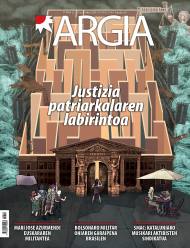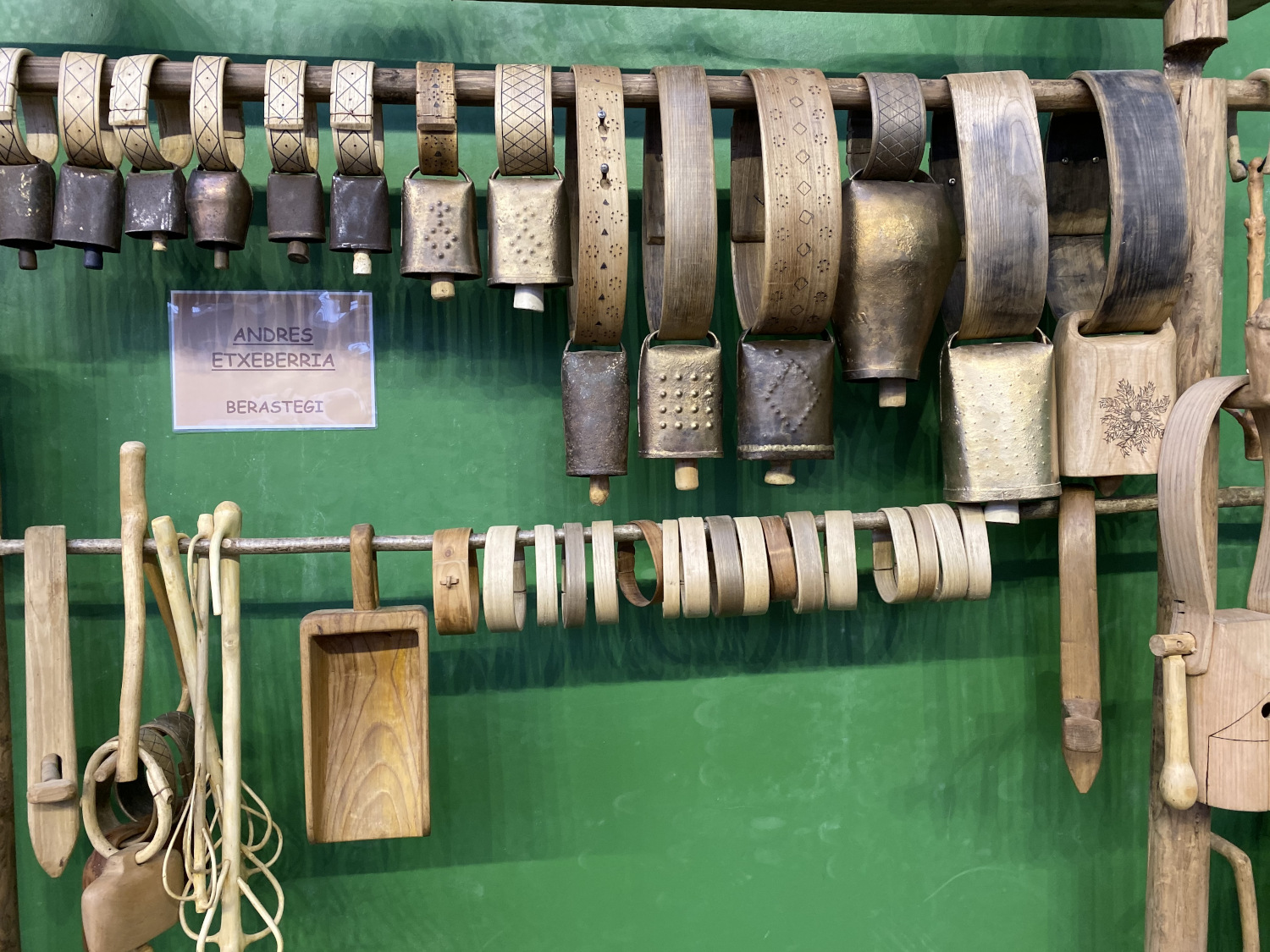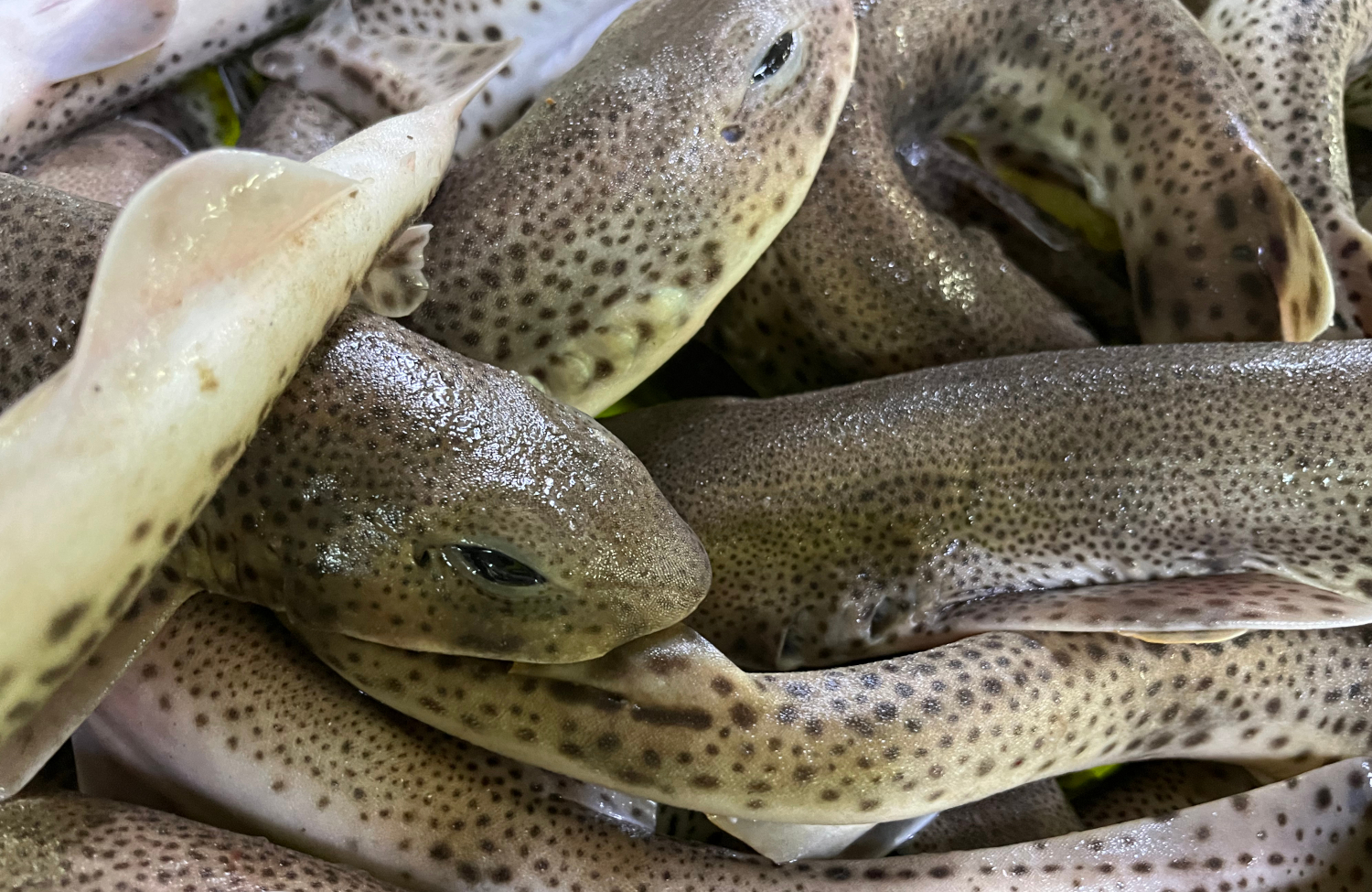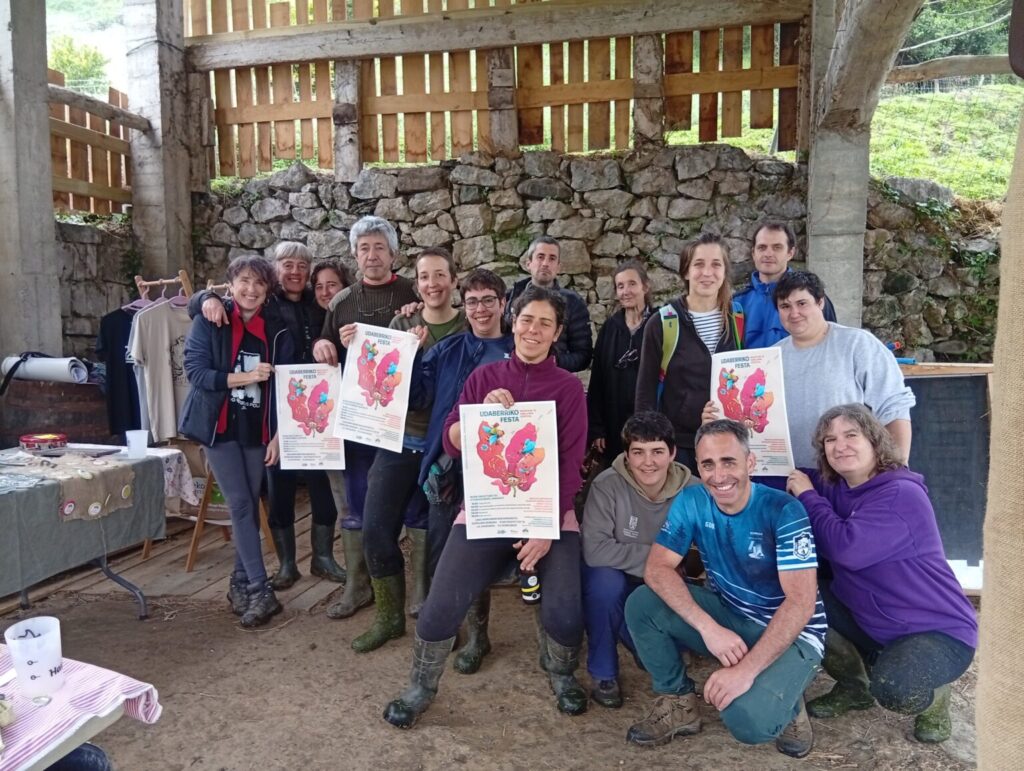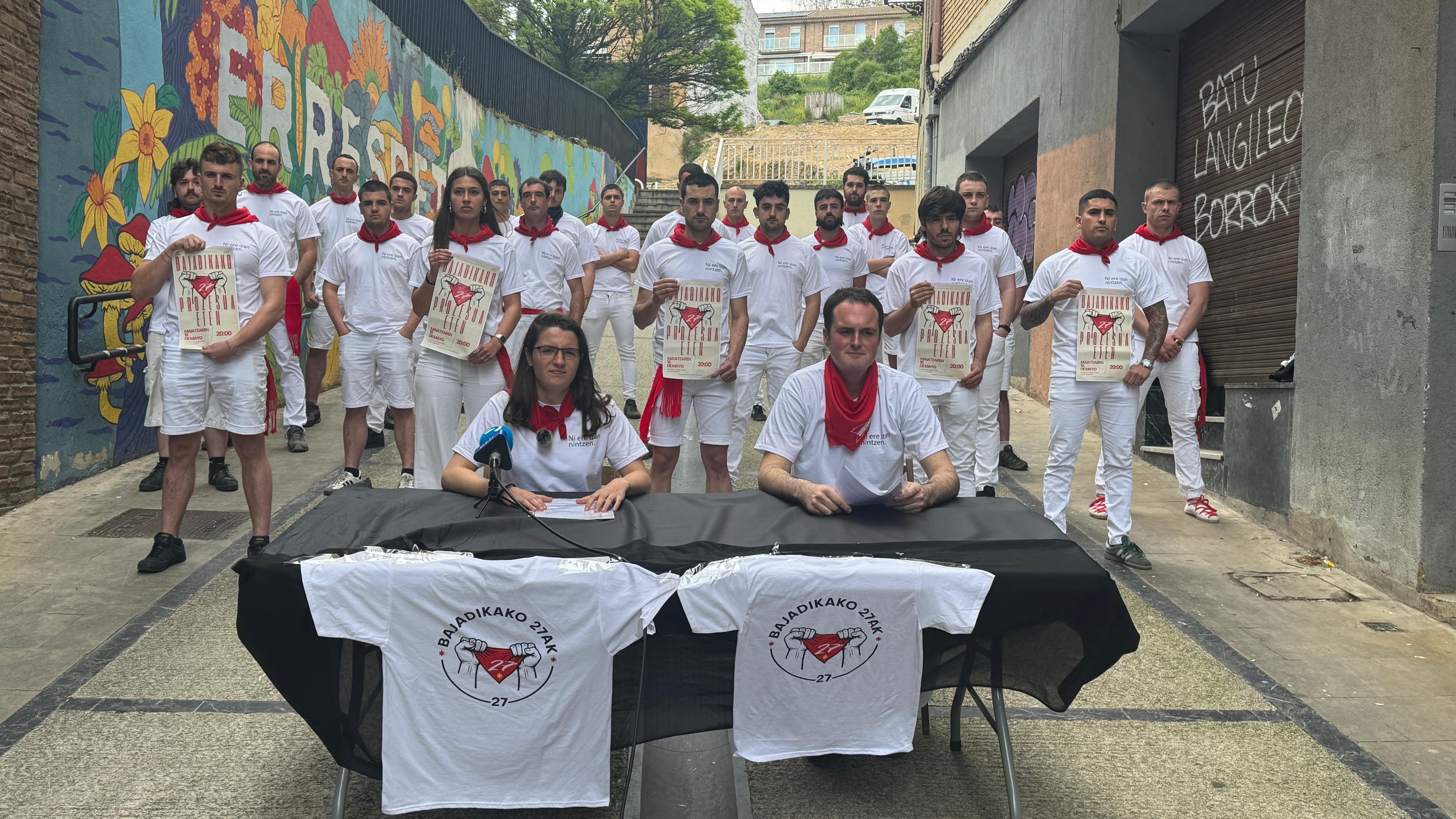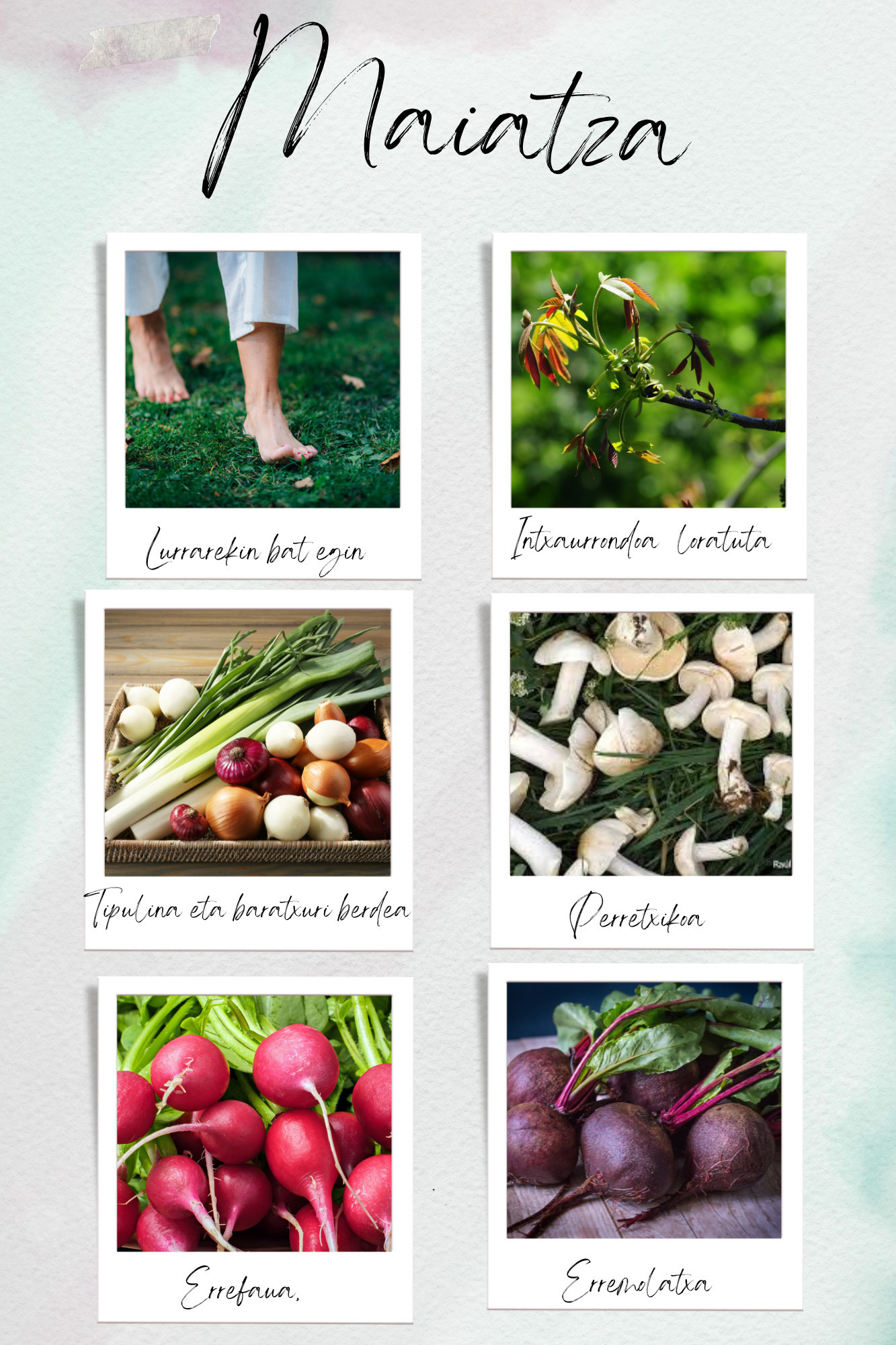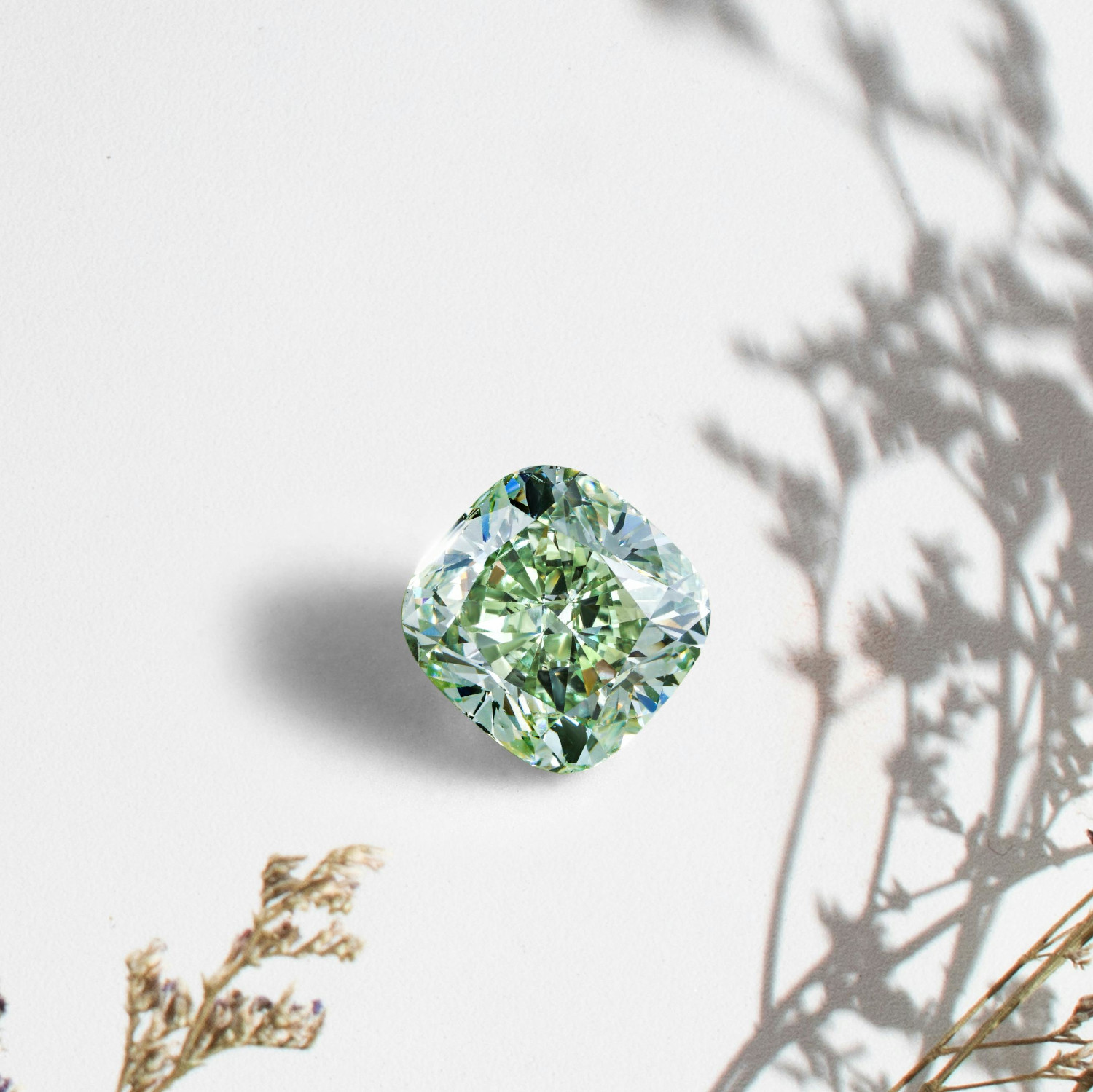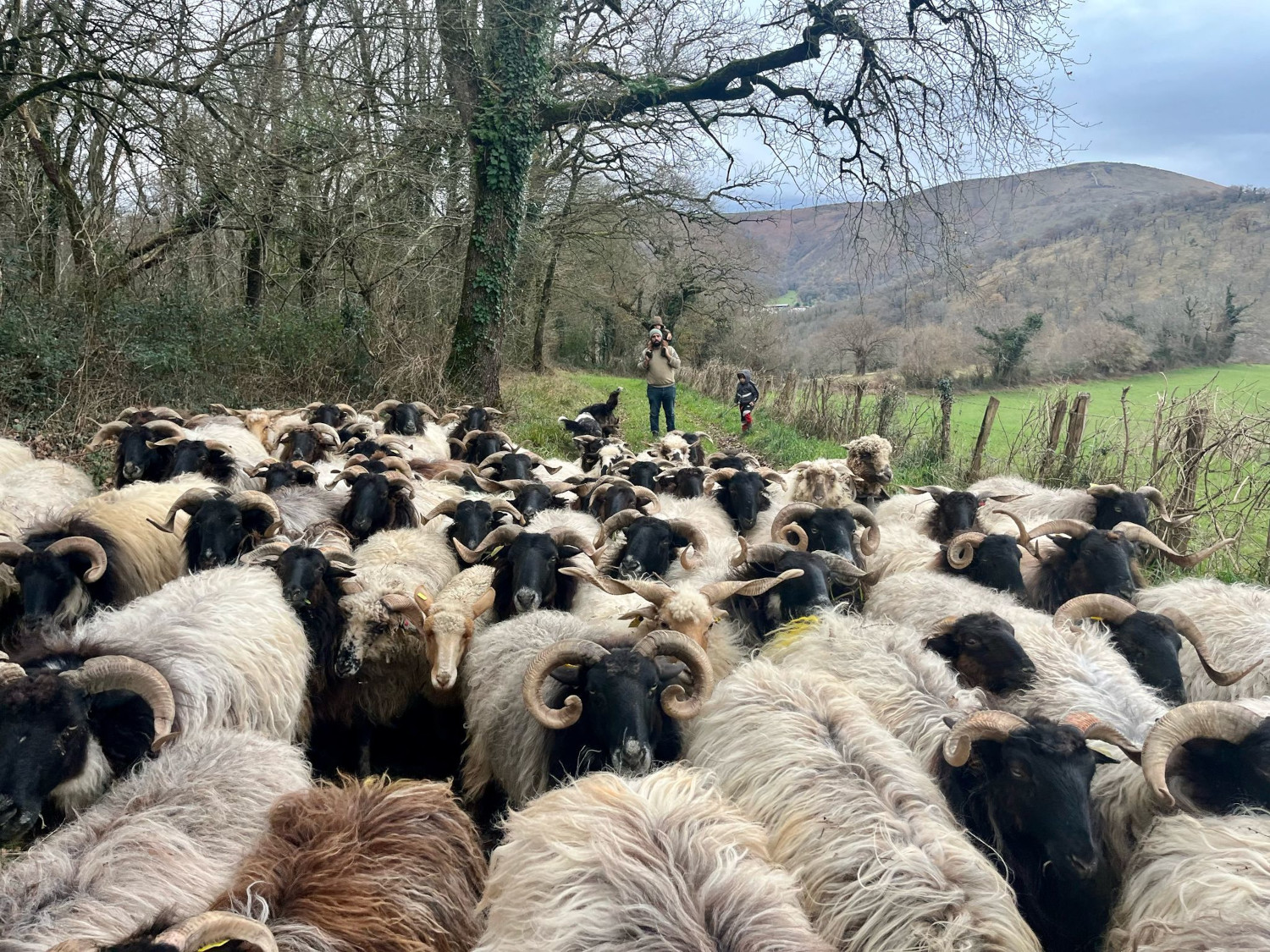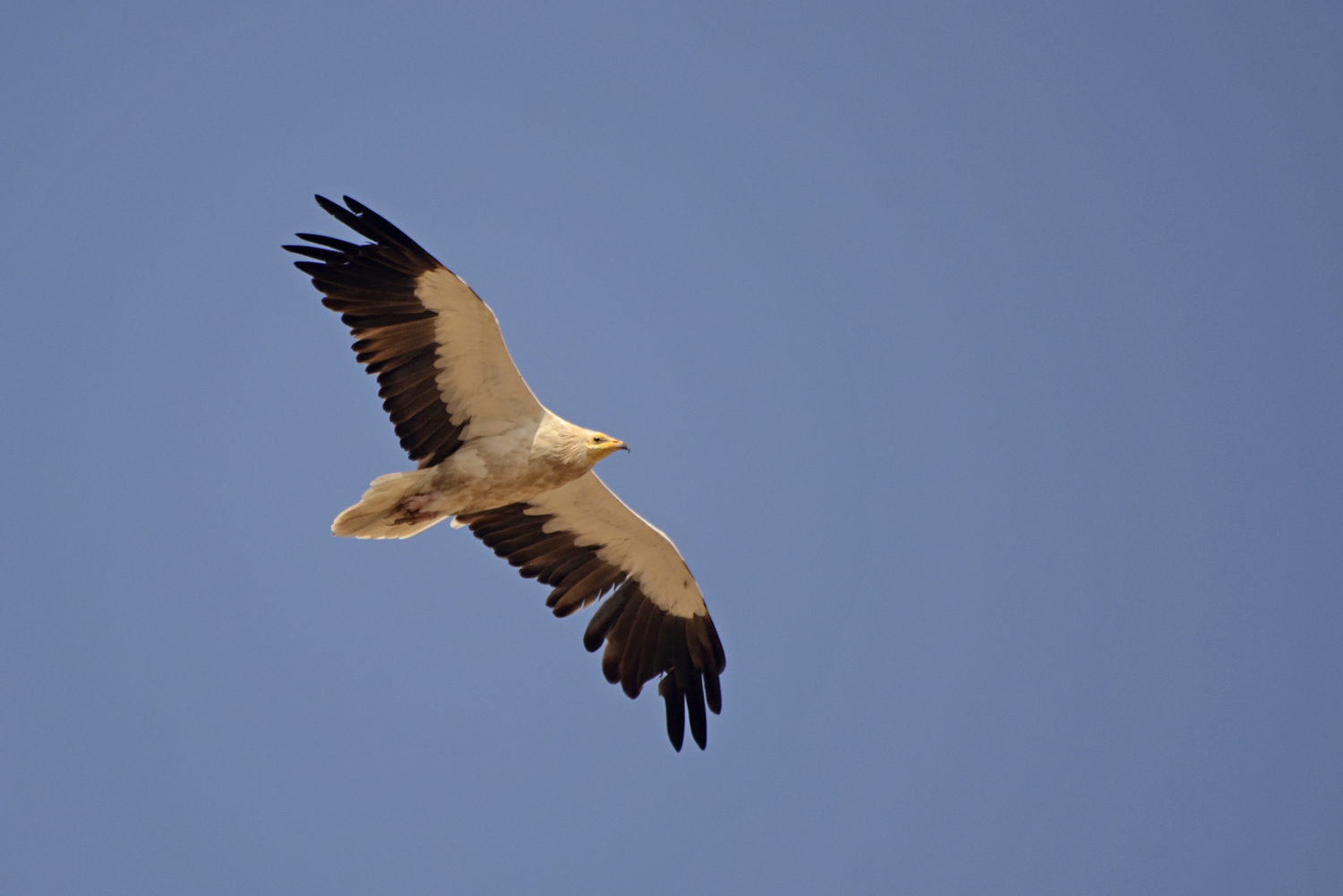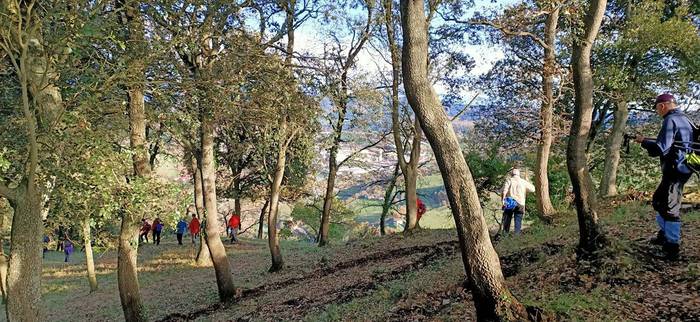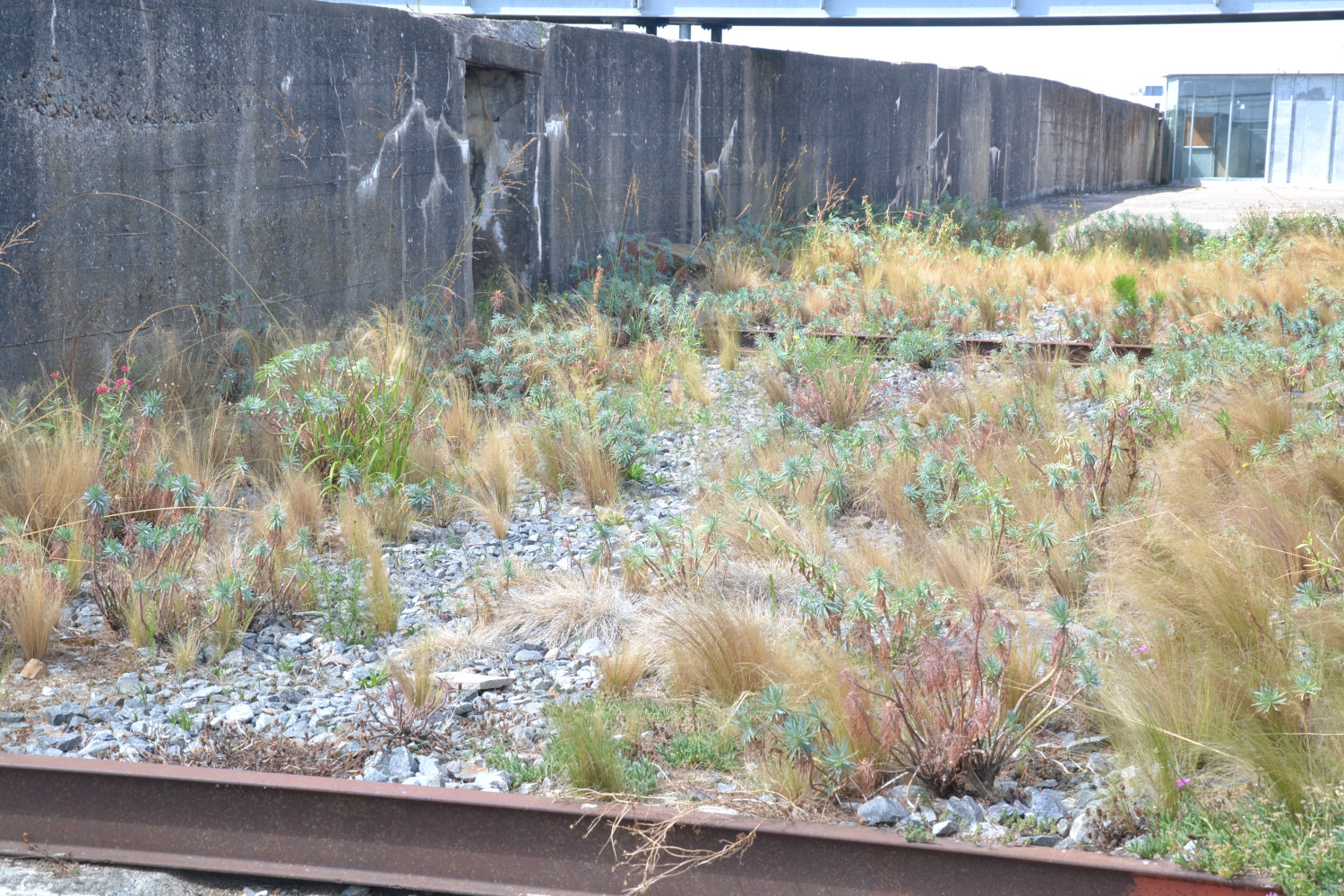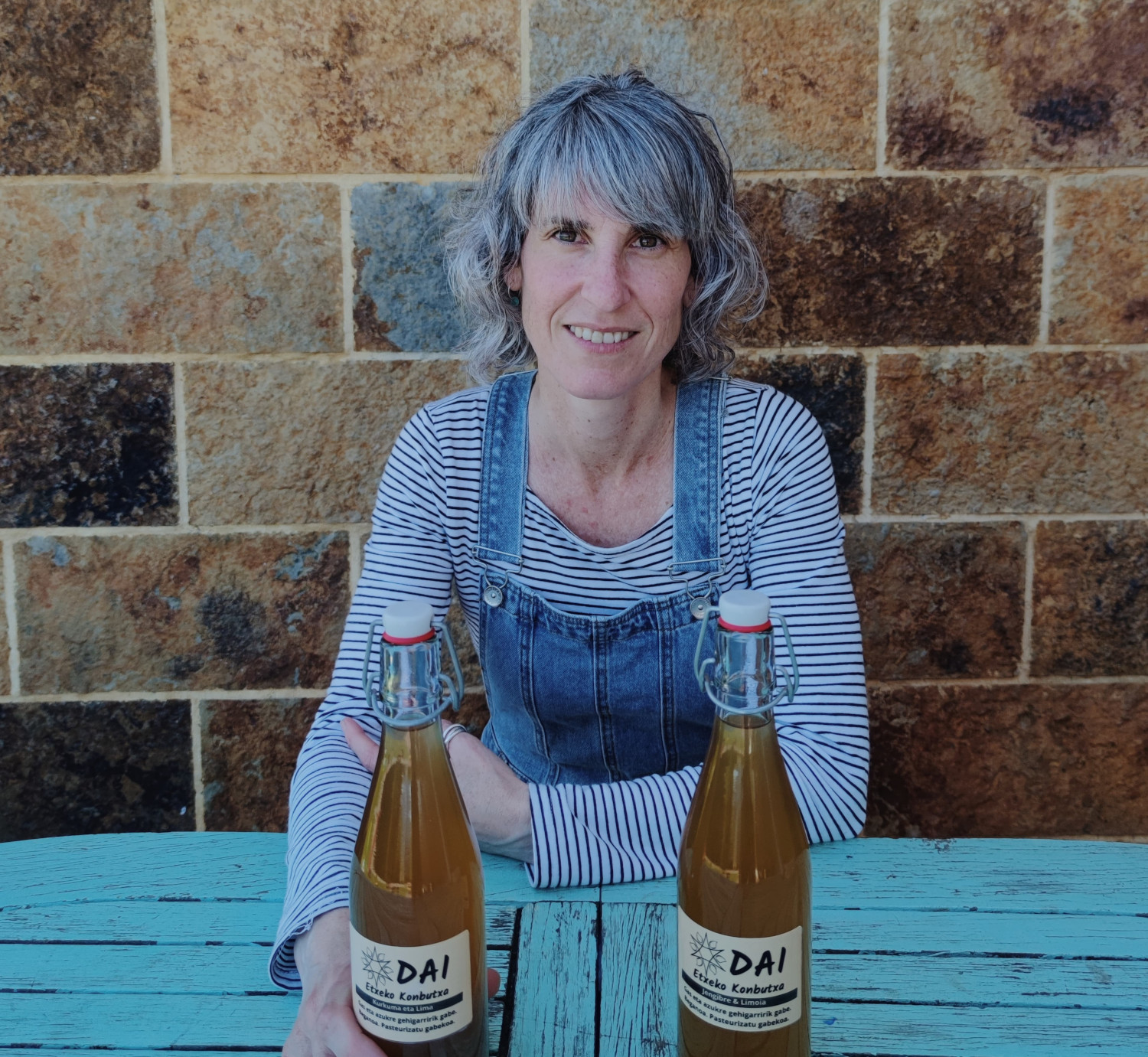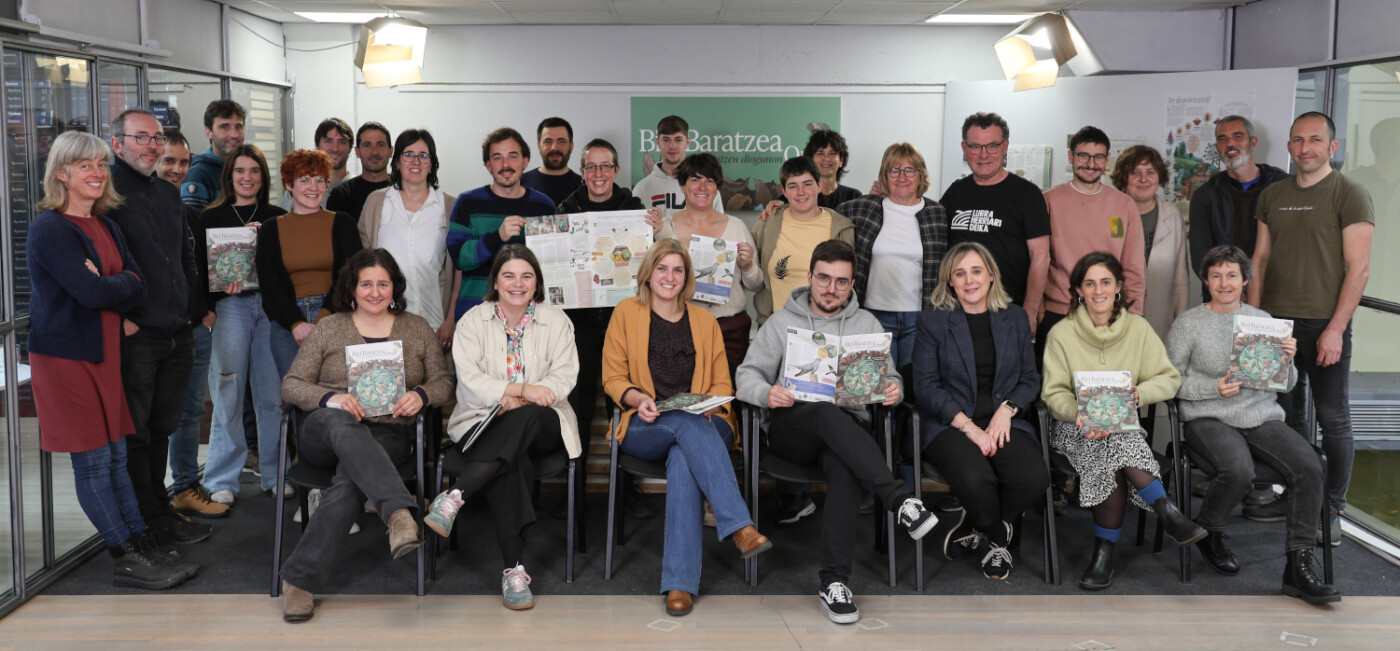Protecting the seeds of Africa
- Migori County, in western Kenya, was occupied by groups of local farmers. Today, on the road to the model of organic farming and food sovereignty, new groups appear, creating and exchanging indigenous seeds. Their ancestors have departed from the cultivated wisdom and the admirable riches inherited over the centuries. They care for the fertility of the land and create healthy foods to change the prevailing mentalities in the realm of politics.
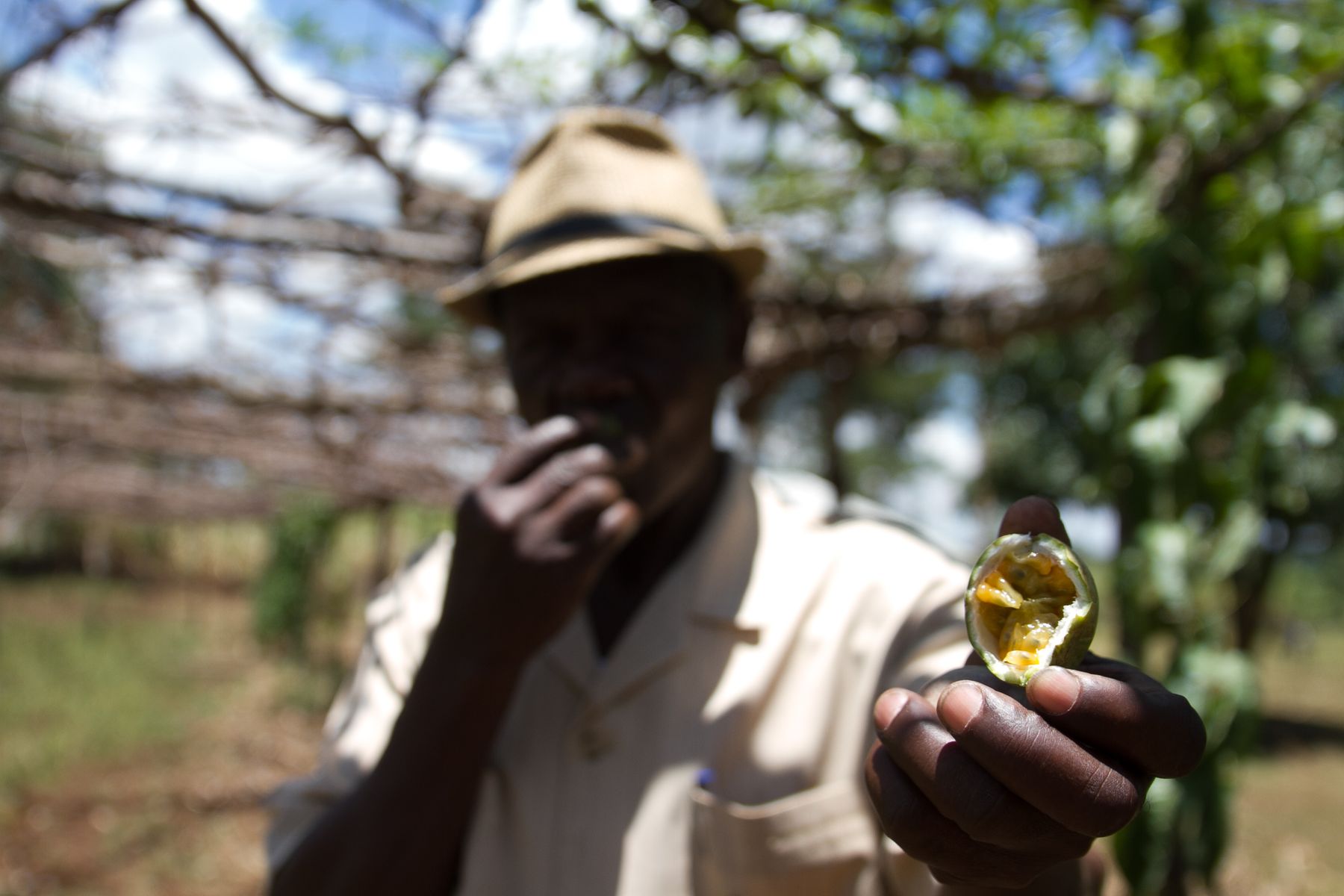
Although 25 farmers dira.Taldea were founded in the Mulo group 2 years ago, many are approaching them for their work in promoting the accessibility and exchange of indigenous seeds. “Monsanto, Waneka Fund, Nuru, Apollo... We want to get the peasants out of that model to join us, because the seeds of these multinationals are poisoned,” says George Opengo, coordinator of the Mulus group.
They tell amazing stories. In the past, people were dying at the age of 120 and now at the age of 50 or 60. They want to keep growing their ancestors, plant old seed varieties and get healthy food.
They cultivate varied vegetables and fruits in gardens of one third acre – 4,046,856 m². Okuera is a member of the Oluoch group who is recovering indigenous tomatoes and creating seeds. As if I wanted to show her health runs everywhere. The large sugar plantations introduced in the 1980s destroyed two-thirds of the native forests, including the lands of Okuera. But it's still in horticulture, even if it's on the other side of the sugar and semi-closed plantation limit. The variety of tomatoes in the area besides being very sweet, is very resistant to droughts and diseases, and Okuera says that it is lived for many years. When a tomato falls to the ground, it is produced by itself and gradually the tomato plants expand. Compost made with animal feces is also a material for improving fertility, as well as medicinal plants necessary for the management of bacteria and fungi. He's been running through the garden again to teach us what those herbs are.
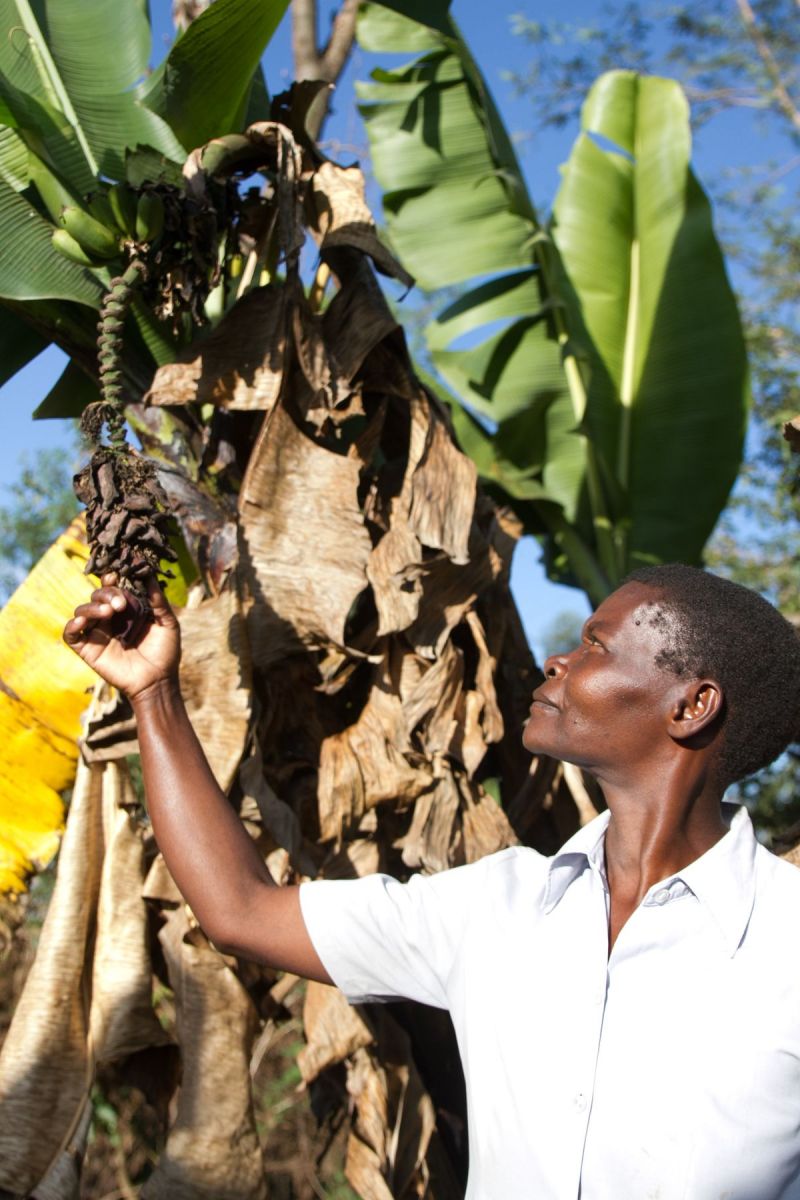
Evelyn Okoth has learned to protect horticulture through it and through group exchange. Like the indigenous tomato, in dholuo it is said that vegetables such as aloth apoth (African soup), mto, boo or dek are very hard and durable. Okoth has also planted Osuga in the garden of the third acre next to his house. Osuga is an acid ingredient for cooking, but very nutritious. The World Health Organization (WHO) has recommended it for people in countries affected by the virus. The so-called Dek has iron, very suitable for those suffering from anemia and not to revive aging. Evelyn Okoth has learned everything from the team and “what is the herb he can take advantage of to take care of the health of the hen in the farmhouse”. Along with Aloe vera they are given mixed in water to prevent infections and mixed corn and fish to eat. The chickens are loose except one, “The mother is lazy and loses children,” says Okoth. They place dozens of eggs and reproduce easily, on the one hand, and on the other hand, they give it raw material to make compost. The garden, according to Okothi, always has children's food at hand and, little by little, also helps in the financial aspect. Even if I didn't have the money, I would at least have food.
“If you’re used to using indigenous seeds, you’ll never want them from Monsanto,” says George Odhiambo, a teammate. They have no doubt that their health is better than that of the users of the Monsanto system, and that is why they say that their production is increasingly in demand in the market.
Odhiambo has carried out a study based on the cultivation of the Marbungu indigenous fruit. The marbungu who has just worked in the garden has sought and collected the roots in the few remaining forests. It has built a roofing structure for plants to rise and open up. According to Odhiambo, these plants live for 20 years and continuously give a particularly sweet fruit. The rest of the group is also waiting for the marbungu seeds that Odhiambo will create. The creation of a group economy around this fruit is being discussed.
It is also intended to protect endangered indigenous trees. The Soko that Odhiambo keeps next to his home, for example, is an effective medicine for belly problems, also for animal diseases, and is also a hardwood to make furniture.
In the Dorkas Awuor farmhouse, he takes care of the tree called a moringa. It's about to disappear, though it's used to cure diabetes and cancer.
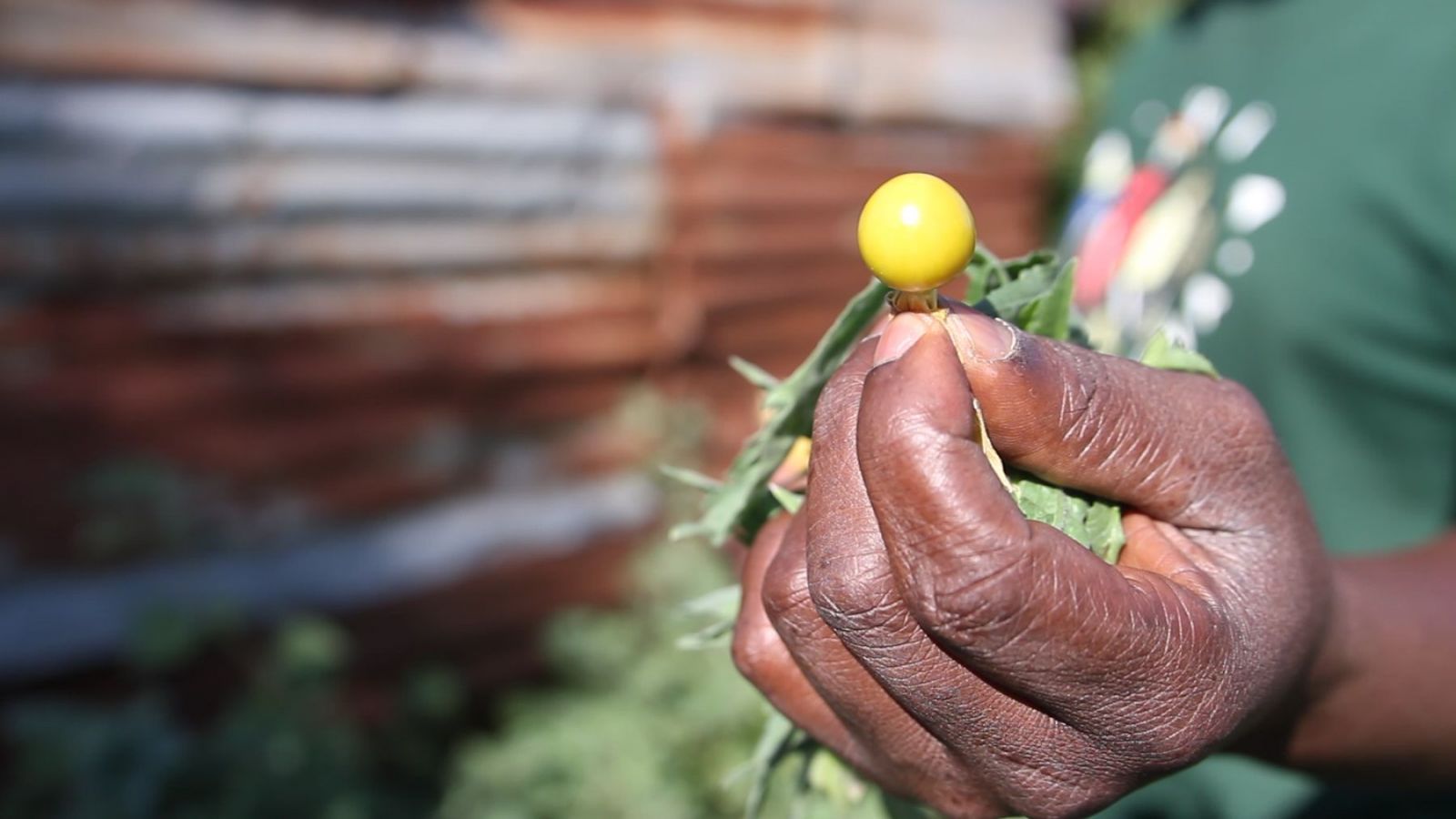
On the road to food sovereignty, says Dorkas Awuor, the benefits are translated into the garden economy and as we always have the food stored at home, we are never afraid of hunger. “You can give what is left to those who need it, sell it on the market or distribute it among your friends,” added Teresa Atieno. Each year they collect two crops of maize. At home, they keep the corn, the bean and the rest. The old barns, located next to their houses, are no longer used to ensure that the seeds are not poisoned by the agricultural model submitted to the multinationals.
Actually counting incredible events dituzte.Adibidez, Monsanto’s fertilizer attracts the weed strigga weed, which impairs soil fertility when maize is sown. That is what Ismael Odari, a member of the Mulus group, says. On the contrary, using compost prepared with excrements of hens and cows, he explained to us that these herbs are not infected and that maize grows stronger. Odari has three cows of milk and, thanks to its nourished animal feed, they give him a lot of milk and distribute it in the village school. The rain has just arrived and the earth is ready to sow corn. In addition, it produces potato, casaba, pumpkin and vegetables from the earth in a third of an acre.
Dick, 38, is a member of the Olela Mulo team and national coordinator of the Kenya Farmers League (Peasants League), where he currently works. The League was established in 2014 among several teams to denounce the World Trade Organization (WTO) meeting in Nairobi to give access to transgenic seeds. Dick Olela's garden is really exemplary. In the future, they want to create eco-schools based on agriculture and they want to show that knowledge is available to everyone. Olela looks at the rain to decide what and when he will plant in the garden. Some indigenous maize varieties need more or less time and water than others, but indigenous vegetables also introduce them with long and short rains. The Amaranthus plant is located in the center of the vegetable garden, as it is very nutritious to make chapatías or muelas. Just buy sugar and oil from time to time. The diversity of the garden also helps to maintain the land and the garden is harder to cope with droughts. There is also a growing indigenous tree Atuno, the hard tree, the indigenous varieties of acacia, some endangered herb varieties that are admirable for animal health. The cottage is supplied with food and medicine. For example, it has a type of rosemary called dholuoon dalasin to cure pneumonia and lung diseases. It also contains a very old fruit, very difficult to find today, called nyamtonglo, of yellow color and that contains all kinds of vitamins.
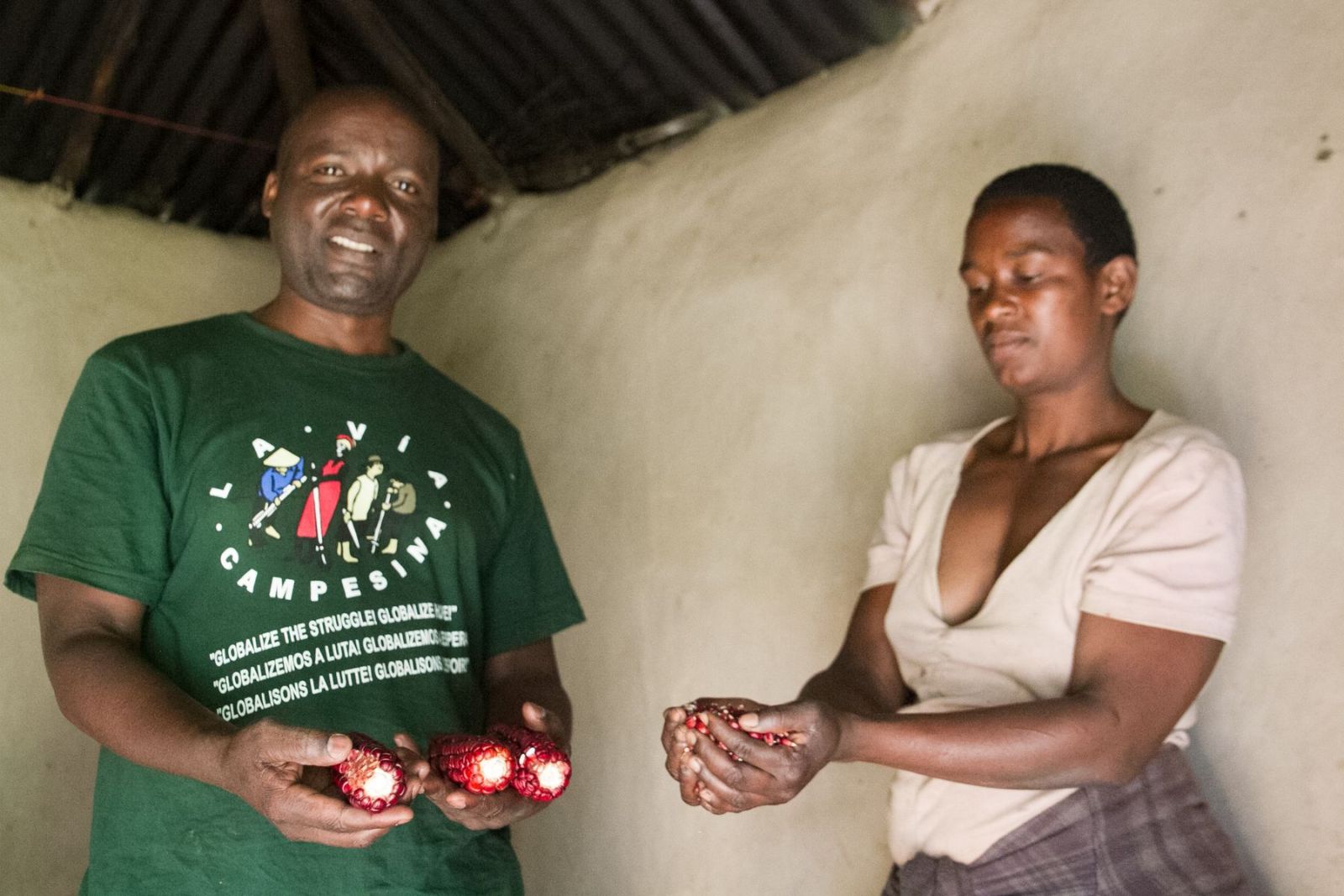
maize is being shown. Photo: Oskar Epelde
With a view to the coming years, the farmers' groups are seeking to boost production and are currently drawing up a strategic plan for two or three years. Aloe vera, for example, is known to be used for many things, to improve skin and stains, “as well as to improve the fertility of men and women,” says Olela. Another herb serves to overcome yellow fever, you have to chew the cane stem. The list is endless in the middle of a male goat. Along with an old fig tree, Olela also cares for a unique pink trepator that gives solitary heart-shaped leaves. According to his own words, this plant protects all the ingredients present in all other vegetables. In Dholués they say ndemra.







